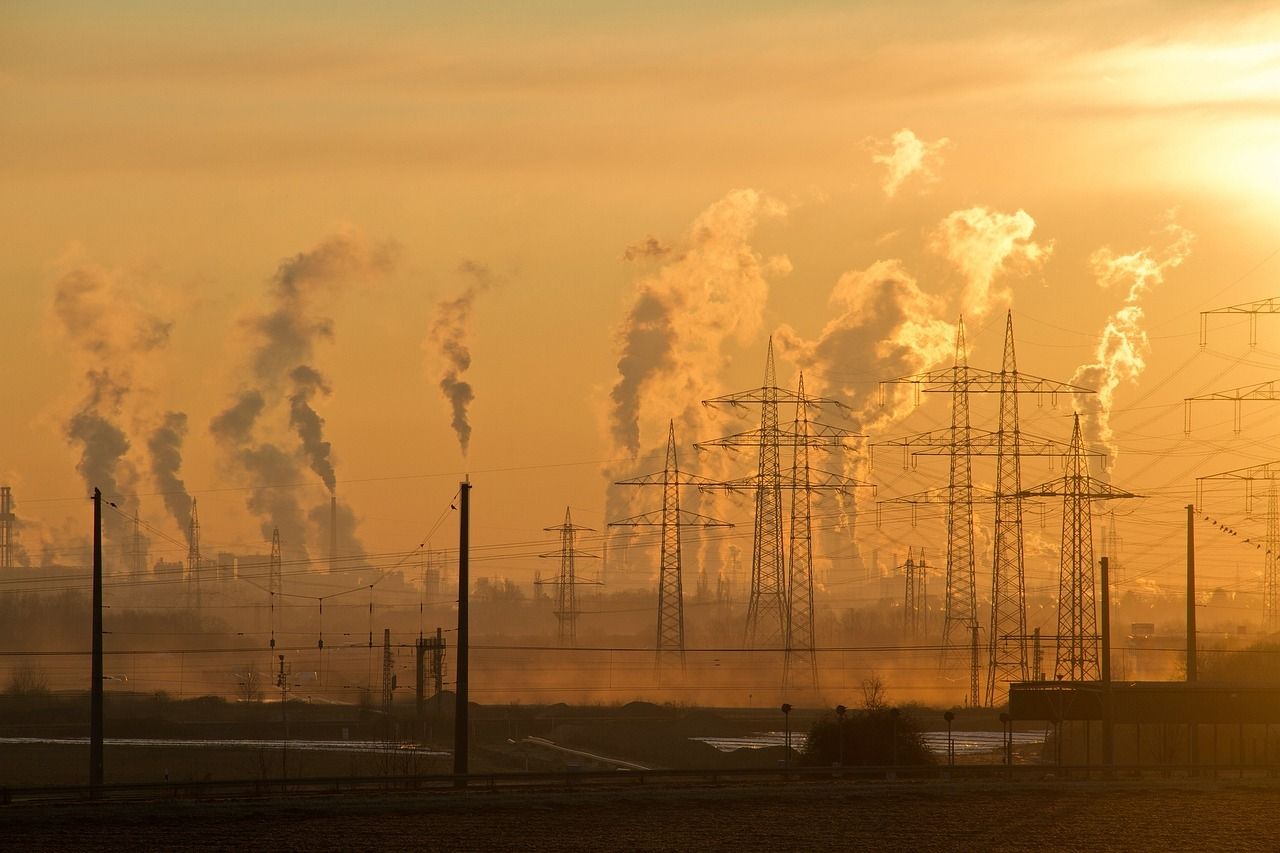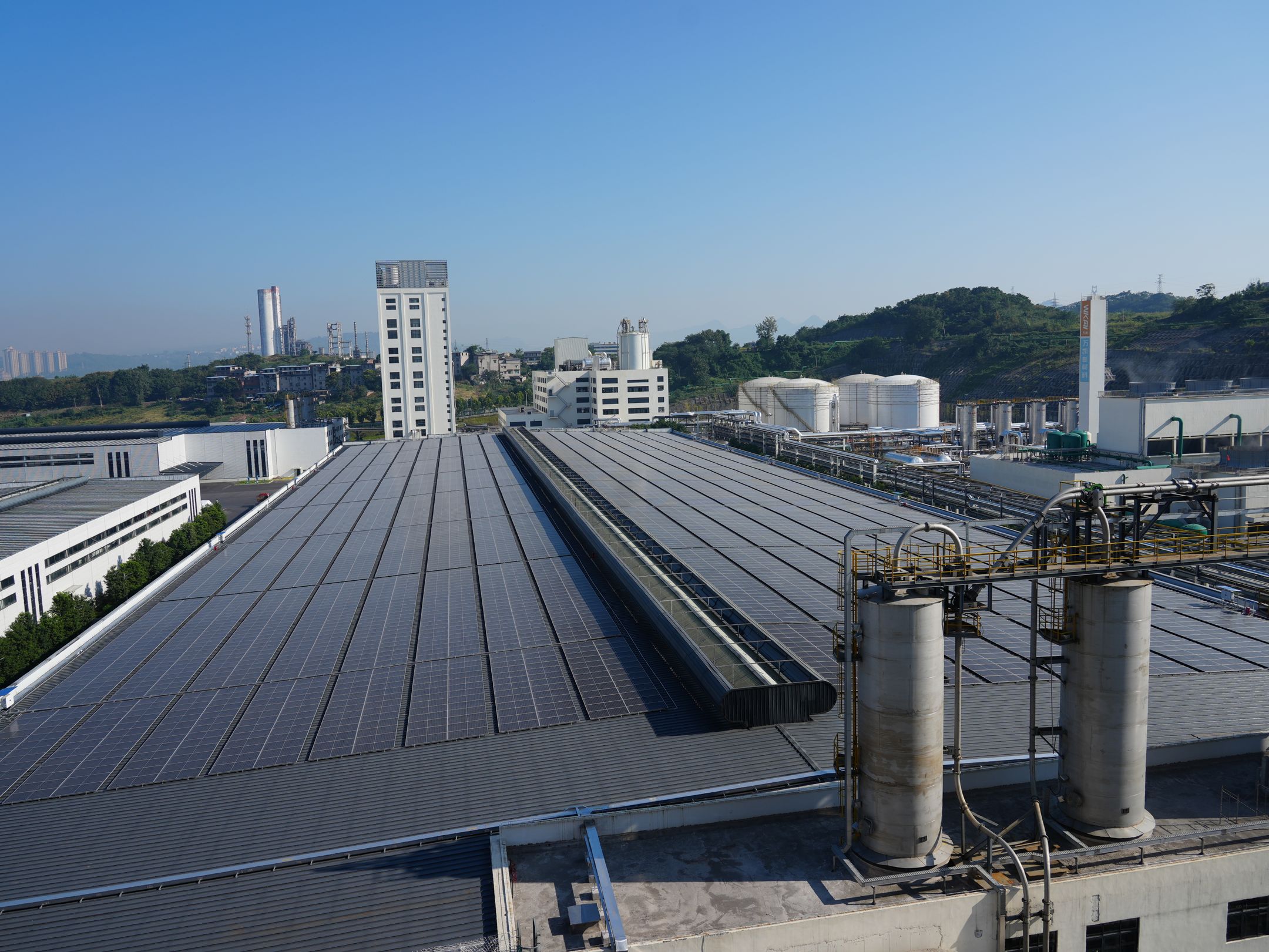
Wankai's Commitment to Sustainable Development: Environmental Measures in PET (Polyethylene terephthalate) Resin Production
In order to balance the requirements of the present and future generations, sustainable development is a development paradigm. Achieving economic success, social equality, and ecological protection are its three main objectives, which are addressed through the three lenses of environment, society, and economics. The goals of ecological conservation can be attained through the interconnected fields of environmental protection and green development.
1. Sustainable development is of great significance.
As globalization has progressed, global concerns like population increase, depletion of resources, degradation of the environment, and climate change have gained prominence. Countries have started stepping up international collaboration, exploring and implementing sustainable development strategies cooperatively, and addressing global concerns in order to foster coordinated development of the economy, society, and ecological environment. Because of this, sustainable development is now a major problem for many different industries.
2. It must adhere to sustainable development in the chemical raw material industry
The world market for chemical raw materials is a vital foundational sector that underpins international economic growth. Numerous industries, including automotive, construction, electronics, and new energy, heavily rely on its products. The chemical raw materials sector also contributes significantly to energy consumption and pollutant emissions, which has an effect on ecological environmental protection and global sustainable development. It's a common misconception among businesses that environmental protection will significantly hinder their progress. In the long run, protecting the environment is both a necessary step toward achieving mutually beneficial outcomes and an unavoidable human obligation.
 Industrial Pollution
Industrial Pollution
3. Wankai is dedicated to sustainable development and eco-friendly practices in PET resin production.
Global player in the chemical raw materials market, Wankai Materials Co., Ltd. prioritizes environmentally responsible processes and sustainable development when producing PET resin. Wankai is one of the leading companies in the bottle-grade PET market, with an annual production capacity of three million tons. Under the dual-carbon approach, the company actively engages in green development, with a particular emphasis on automation and efficient production processes, pollution treatment, energy and water conservation, emission reduction, and green ecological design of products. Wankai achieves notable advancements in green development and environmental protection by incorporating eco-friendly and environmental protection concepts into the whole production process. The specific measures are as follows:
(1) Wankai creates green factories and sets off on the path of green development.
In order to build and run green factories, Wankai has developed policies and objectives and incorporated them into various operations and plans for strategic development. In order to facilitate effective internal communication, Wankai has created management institutions, appointed manager representatives, and defined their roles and authority. It has also identified the roles and authority of each department in the building of green factories. Wankai has developed medium- and long-term plans, annual targets, and implementation plans for the development of green factories based on the real situation. The plans have been steadily implemented, with the construction of green factories taking place in accordance with the plans.
Roof Distributed Photovoltaic Panels
(2) Energy conservation and emission reduction are intensively pursued by Wankai.
Prominent management systems developed by Wankai include the "Energy Management System" and the "Energy Measurement Management Measures." It has set up an energy management center based on the DCS control platform in order to accomplish online monitoring of manufacturing processes and data on energy usage. Along with establishing a sound energy management system, it also implemented standardized management for energy utilization, including energy measurement, statistics, inventory, energy-using equipment, and energy quotas. This has allowed for improvements in energy utilization efficiency as well as conservation and waste reduction.
Additionally, Wankai aggressively works to reduce emissions and save energy. The company has built a steam turbo-generator power generation project for esterification, recovering waste heat resources from the polyester production process, enhancing resource utilization, and turning a significant amount of thermal energy into electrical energy through the turbo-generator. In addition to actively implementing water-saving methods and building water-saving systems, Wankai has developed the "Water Management Measures," which strengthen everyday management of water resources. Reusing intermediate and recycled water increases water reuse rates significantly and successfully lowers fresh water use.
(3) Wankai promotes green development through process optimization.
Wankai strictly controls procurement and strengthens the supervision of the quality of raw and auxiliary materials in the production process of polyester chips to reduce the use of toxic and harmful substances.
Wankai uses already washed and classified PET fragments as raw materials to reduce the use of virgin materials, such as for the production of PCR PET. Additionally, in the production process of PET resin, such as WK-801, WK-821, and WK-881, production personnel are required to fully understand and implement national relevant management system standards to ensure that the product process and program design follow the principles of energy conservation and environmental protection, ensuring that all company products not only meet environmental requirements in the production process but also meet environmental requirements throughout the entire product lifecycle, including subsequent use and disposal. Compared with similar products, the products not only have solid quality but also have environmental advantages such as low toxicity, minimal harm, and resource conservation.
(4) Wankai manages contaminants in the production process rigorously.
Regarding wastewater treatment, the company uses rainwater and sewage collection systems that are separate from one another, as well as production, domestic, initial, and accident wastewater recovery systems. We also build comprehensive wastewater treatment stations and outfit them with accident emergency and initial rainwater recovery tanks. The wastewater has been cleaned to meet discharge criteria, and online monitoring facilities have been established to support the wastewater.
In terms of gas treatment, the company adopts a complete set of patented devices designed and produced by China Kunlun Engineering Co., Ltd. (formerly China Textile Academy) and Switzerland Polymetrix (formerly BUHL BUHL) to achieve a high degree of compactness in the production process, reducing pollutant emissions from the source.
Regarding solid waste disposal, the company has a standardized general industrial solid waste warehouse and hazardous waste warehouse, and strictly implements the requirements of the "Regulations on the Management of Hazardous Wastes" for hazardous waste.
For noise control, the company uses low-noise equipment and adopts noise reduction measures such as basic vibration reduction for non-fixed equipment. Soundproofing is performed around high-noise sources.
4. Conclusion
With an eye toward the future, Wankai Materials Co., Ltd. plans to keep investing more in environmental protection technologies, enhancing the effectiveness of resource use, and lowering waste emissions in order to support global green development. We really think that if society as a whole works together, we can improve the ecological system and leave a greener future for the next generation.

